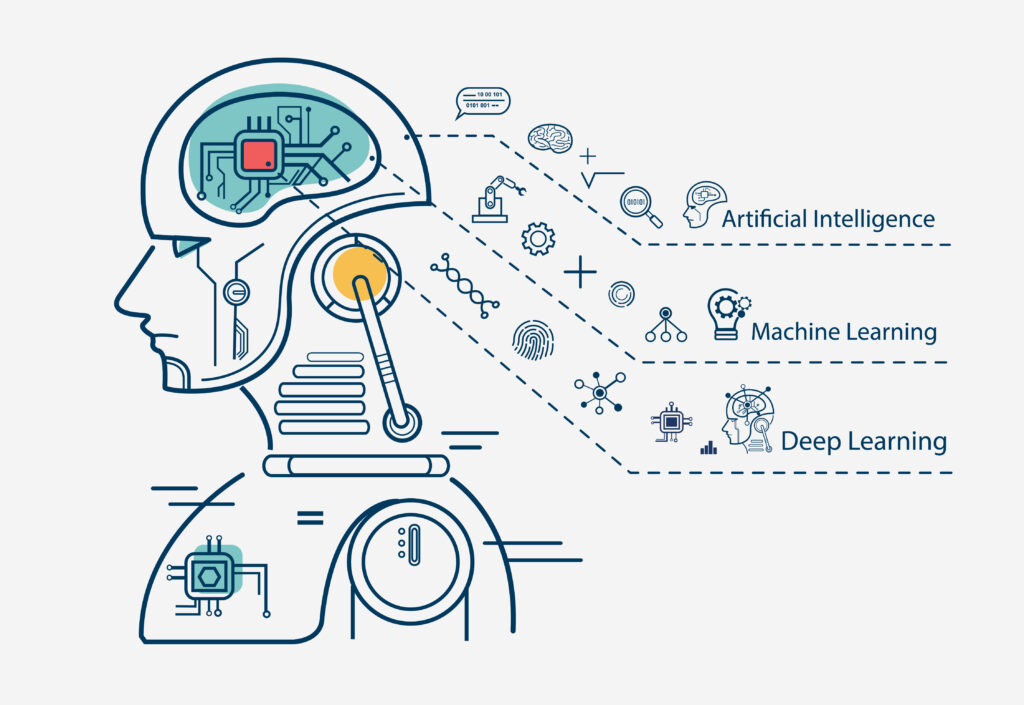LogiCommerce is trusted by global enterprise brands and wholesalers, across industries
Machine learning technology, also known as machine learning, is changing the way online businesses interact with customers. One of the most effective ways to utilize this technology is by personalizing the online shopping experience for every customer.
In this article, we will explore how machine learning can be used to personalize the online shopping experience in your eCommerce platform.
Contents
Before we delve into the utilization of machine learning for personalizing the shopping experience, it is crucial to have a fundamental understanding of what machine learning entails. Machine learning is a branch of artificial intelligence that utilizes algorithms to automatically learn and enhance itself based on input data.
In other words, it utilizes historical data and patterns to forecast future behavior. In the context of eCommerce, this means that machine learning can analyze past purchase data, preferences, and browsing patterns to create a personalized shopping experience for each customer.
Data Collection: The first step in using machine learning to personalize the online shopping experience is to collect data about customer behavior. This includes data such as purchase history, viewed products, clicks, and session duration. The goal is to collect as much information as possible in order to obtain an accurate understanding of customer behavior and preferences.
Data Analysis: Once the data has been collected, the next step is to analyze it in order to identify patterns and trends. This can be achieved by utilizing data analytics tools that employ machine learning algorithms to detect patterns and trends within the data. The goal is to better understand customer preferences and needs in order to personalize their shopping experience.
Personalization: Once the data has been analyzed and patterns have been identified, the next step is to utilize this information to personalize the customer's shopping experience. This can include displaying relevant products based on a customer's shopping and browsing history, offering personalized discounts and promotions, and sending emails with tailored recommendations.
Testing and Improvements: Once the personalization system is implemented, it is important to conduct tests to measure the effectiveness and make continuous improvements. This includes conducting A/B tests on personalizing the shopping experience and modifying the machine learning algorithms based on the test results.

Delivers a more personalized and relevant shopping experience to each customer.
Increases customer engagement with the website, which can result in enhanced customer loyalty.
Improving the sales conversion rate by offering personalized products and promotions that are tailored to each customer's individual needs and preferences.
Provides valuable information about customer behavior, which can be used to improve marketing and sales strategies.
Helps to stand out from the competition by offering a distinctive and customized shopping experience.
Facilitating business decision-making, the collected and analyzed data can provide valuable insights into trends and buying patterns.
Personalization of the shopping experience can result in increased revenue and profitability. This is because it can enhance customer satisfaction, leading to higher sales.
For customers, it means a more personalized and relevant shopping experience that is customized to their individual needs and preferences.
For businesses, it means greater customer engagement, increased loyalty, and ultimately, increased sales and profitability.
